The Korean economy in 2023 faced many difficulties, causing the country's demand for seafood imports to decrease. According to statistics from the Korean Customs Agency, in July 2023, Korea's seafood imports reached 90.12 thousand tons, worth 402.8 million USD, down 28.3% in volume and 17.6% in value compared to the same period in 2022, the 6th consecutive month of decline.
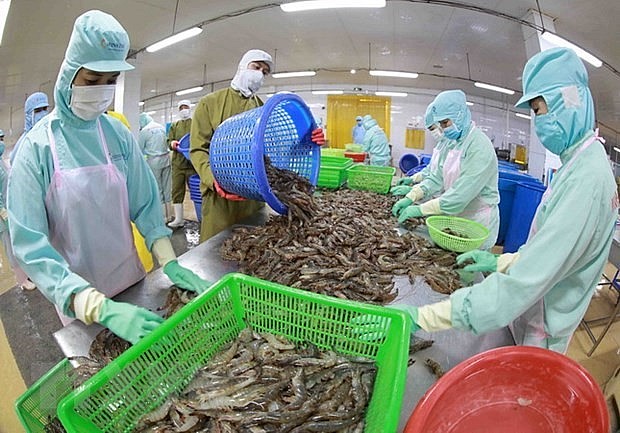 |
| Processing frozen shrimp for export at the factory of Minh Phu Hau Giang Seafood Company, Hau Giang province |
In the first 7 months of 2023, South Korea's seafood imports reached 794.9 thousand tons, worth 3.583 billion USD, down 16.3% in volume and 5.4% in value compared to the same period in 2022.
In July 2023, South Korea reduced seafood imports from China, Russia, Vietnam and Norway, while increasing seafood imports from Peru, the United States and Thailand.
In July and the first 7 months of 2023, Vietnam was the 3rd largest seafood supplier to Korea. In July 2023, Korea's seafood imports from Vietnam reached 10.99 thousand tons, worth 60.38 million USD, down 11.8% in volume and 20.5% in value compared to July 2022.
In the first 7 months of 2023, South Korea's seafood imports from Vietnam reached 80.6 thousand tons, worth 440.87 million USD, down 7.3% in volume and 12.6% in value over the same period in 2022.
The market share of Vietnamese seafood in the total import value of Korea decreased from 13.3% in the first 7 months of 2022 to 12.3% in the first 7 months of 2023.
Meanwhile, the market share of imported seafood from China, Peru, and Hong Kong in the total import value of Korea increased compared to the same period in 2022.
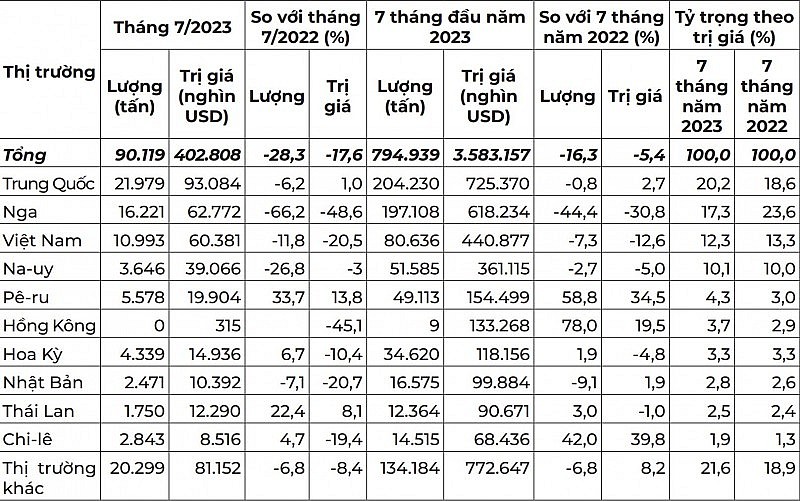 |
Seafood supply market for Korea in July and 7 months of 2023 Source: Calculated from data of Korea Customs Service |
Japan's discharge of radioactive wastewater from the Fukushima nuclear plant into the ocean has had a significant impact on the Korean seafood market. Koreans are hesitant to consume seafood due to concerns about seafood safety. In a recent survey of Korean consumers, 92.4% of respondents said they would reduce their seafood consumption after Japan's discharge of radioactive wastewater.
Faced with this situation, the Korean Government has decided to carry out a special review of the origin of imported seafood products within 100 days from August 28, 2023.
Inspection of the origin of imported seafood products will be conducted at large supermarkets, traditional markets, food processing enterprises and more than 3,000 food businesses nationwide.
The main items inspected include fresh pollock, sea bream, sea pineapple, orange bream, scallops, saury, eel and octopus. The tightening of origin inspection is to ensure the health and safety of the people.
Korea also imposes very strict penalties for violations. If a case of selling goods without clearly stating the origin and source is discovered, the highest fine is up to 10 million won (about 183 million VND).
Companies that fake country of origin labels can face up to seven years in prison or a fine of up to 100 million won (about 1.8 billion VND).
This is the second special inspection of imported seafood after the first one in May and June. During that campaign, the government investigated domestic distribution channels of Japanese seafood and found 158 retailers that did not label the country of origin or forged the label.
Source link


![[Photo] General Secretary To Lam meets and expresses gratitude to Vietnam's Belarusian friends](https://vphoto.vietnam.vn/thumb/1200x675/vietnam/resource/IMAGE/2025/5/11/c515ee2054c54a87aa8a7cb520f2fa6e)


![[Photo] General Secretary To Lam arrives in Minsk, begins state visit to Belarus](https://vphoto.vietnam.vn/thumb/1200x675/vietnam/resource/IMAGE/2025/5/11/76602f587468437f8b5b7104495f444d)





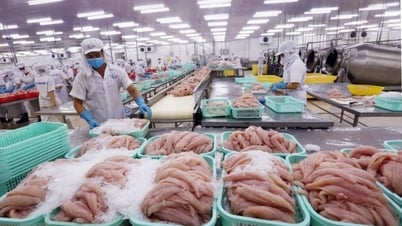
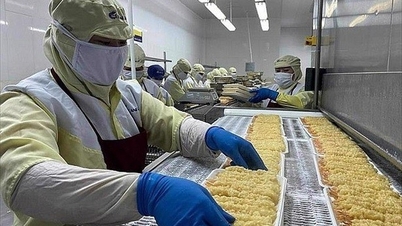

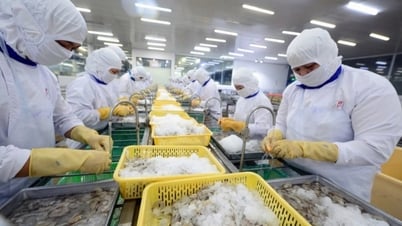
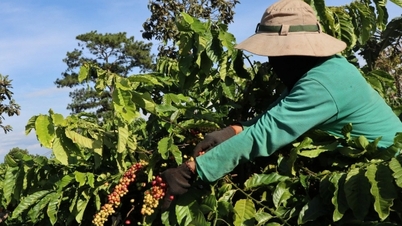



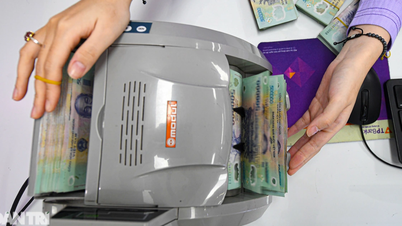
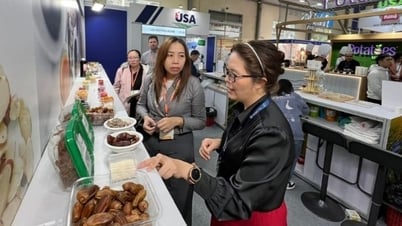





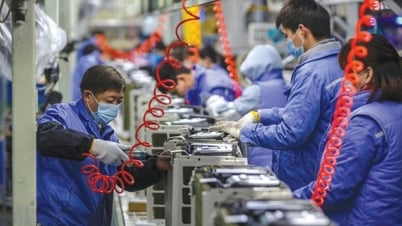



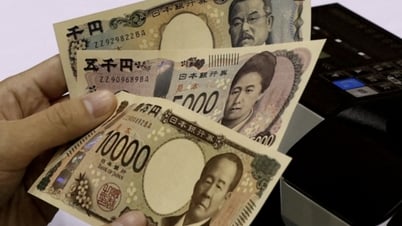
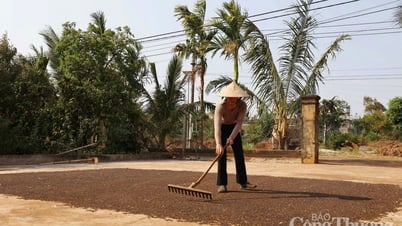

![[Photo] General Secretary To Lam concludes visit to Russia, departs for Belarus](https://vphoto.vietnam.vn/thumb/1200x675/vietnam/resource/IMAGE/2025/5/11/0acf1081a95e4b1d9886c67fdafd95ed)





























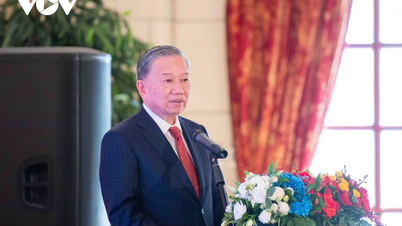

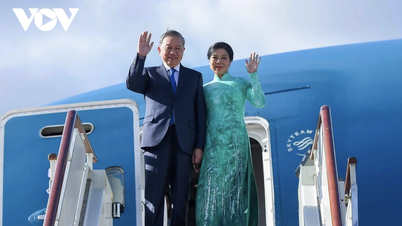























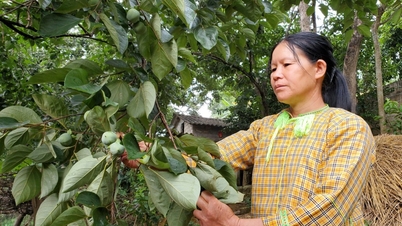











Comment (0)